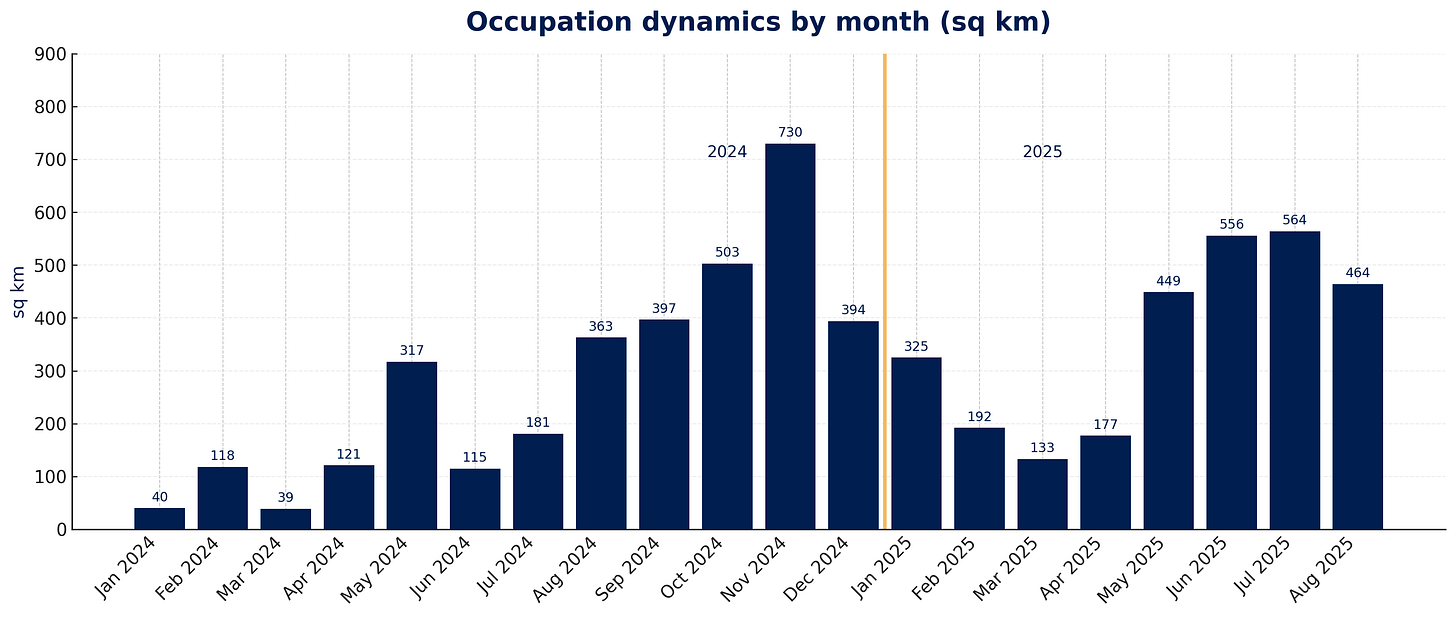Xi, Putin, Modi Pitch a New Order
At the SCO summit, Xi pitched a “new global order” alongside Putin and Modi, tightening a Russia-China-India axis. Europe reeled after Russian GPS jamming hit von der Leyen’s flight, while Moscow gained 500 km² in Donbas. Sanctions bite, but Eurasia’s bloc is hardening.
What happened?
At a showpiece SCO summit, China pitched a “new global order.” Xi Jinping urged Russia and India to align on alternatives to U.S.-led rules and proposed a Shanghai Cooperation Organization (SCO) development bank. Putin and Modi supported closer coordination. Meanwhile, a plane carrying European Commission President von der Leyen reportedly experienced Russian GPS jamming en route to Bulgaria and landed safely. Both Brussels and Bulgaria confirmed the incident and linked it to “blatant interference” by Russia. In the meantime, open-source mapping data indicates that Russia has gained about 460–550 km² over the past month, with attacks intensifying around Lyman, Pokrovsk, and Novopavlivka.
Why does this matter?
Thicker Russia-China-India ties: Xi’s pitch, delivered with Putin and Modi at his side, signals the formation of a more solidified non-Western bloc, despite U.S. tariff pressure on India regarding Russian oil.
Hybrid pressure on Europe: The von der Leyen incident underscores an expanding electronic warfare threat over EU airspace.
Negotiating leverage from the front: Incremental Russian gains and pressure near key axes sustain Moscow’s bargaining power. Additionally, Putin’s aide Ushakov stated today that no meeting with Zelenskyy or trilateral talks were ever arranged in Alaska.
Policy spillovers: A firmer Eurasian alignment complicates supply chains, energy routing, and foreign exchange dynamics for Europe, all while fiscal and defense spending rise.
What’s the counterpoint?
Sanctions still bite: Russia’s metallurgy output fell 10.2% y/y in July, with firms reporting heavy losses amid lost export markets, weak domestic demand and tight monetary policy. This is evidence of structural strain even as Moscow adapts. Analysts also caution that Sino-Indian strategic frictions persist despite summit optics, limiting how far New Delhi will lean toward a Beijing-Moscow axis.
finformant view
Breaking the tight Russia-China-India triangle with tariff and sanctions pressure alone will be a slow process and may prove counterproductive, especially if it pushes India to hedge harder. Expect the West to double down on air defense, electronic warfare resilience, and grid support for Ukraine after the GPS incident. Modest Russian battlefield gains keep the odds of peace slim unless front-line pressure permanently abates.




